
Thank you for stopping by to learn more about the Commission for Assessment & Evaluation. Take some time to look through our content and don’t hesitate to share how you’d like to get involved. Use the menu below to jump to a section of interest.
Please contact us at CAE@acpa.nche.edu or connect with the members of our Directorate Board with questions or ideas.
ABOUT CAE
Our Mission
The Commission for Assessment and Evaluation promotes assessment skills and knowledge to facilitate and support student learning, development, and effective student affairs practice.
Our Vision
ACPA’s Commission for Assessment and Evaluation will be an international leader in the development of sound practices and education in student affairs assessment and evaluation.
Key Initiatives
CAE offers a variety of programs for ACPA members and the broader student affairs assessment community, both at convention and beyond. Visit our LinkedIn most up-to-date information, or email cae@acpa.nche.edu for more information.
The Student Affairs Assessment Institute
The Student Affairs Assessment Institute is an in-person experience offered every June where participants can develop essential assessment knowledge and skills for their professional toolkit. Click here for details of the 2025 Institute.
Student Affairs Assessment Mentoring Program
The CAE Mentorship Program is designed to connect experienced assessment professionals with emerging practitioners in higher education. Applications open in March.
CAE Awards
Every year, CAE recognizes dedicated assessment professionals at convention. The open nominations process allows professionals across the field to nominate themselves and others for recognition of their service. Nominations are solicited every fall.
Webinars
Webinars are offered on a semi-annual basis on emerging topics in student affairs assessment. Visit our YouTube page to view recordings of past webinars.
Collaboration
CAE collaborates with a variety of other entity groups in ACPA and is a founding member of the Consortium of Organizations for Student Affairs Assessment.
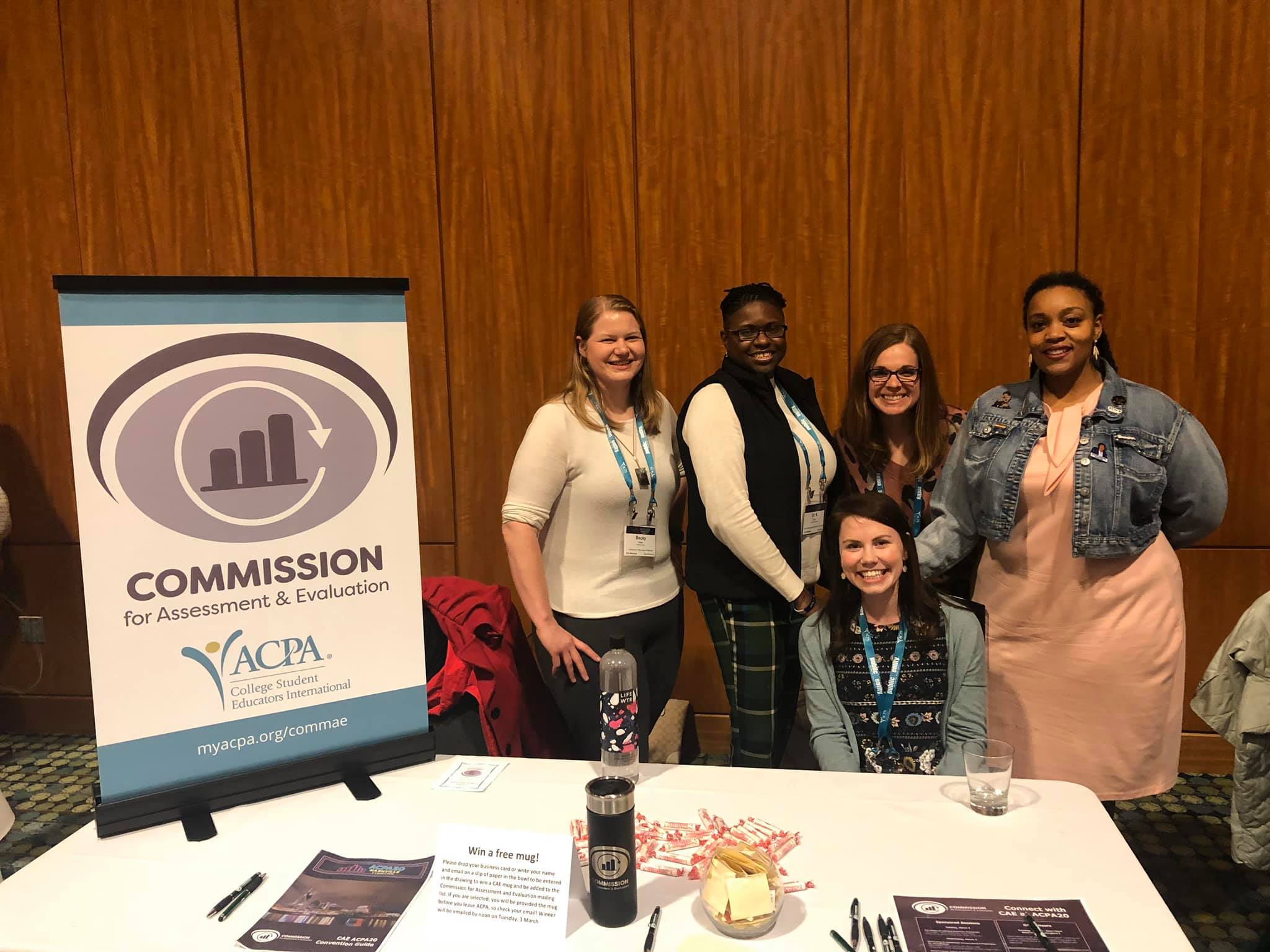
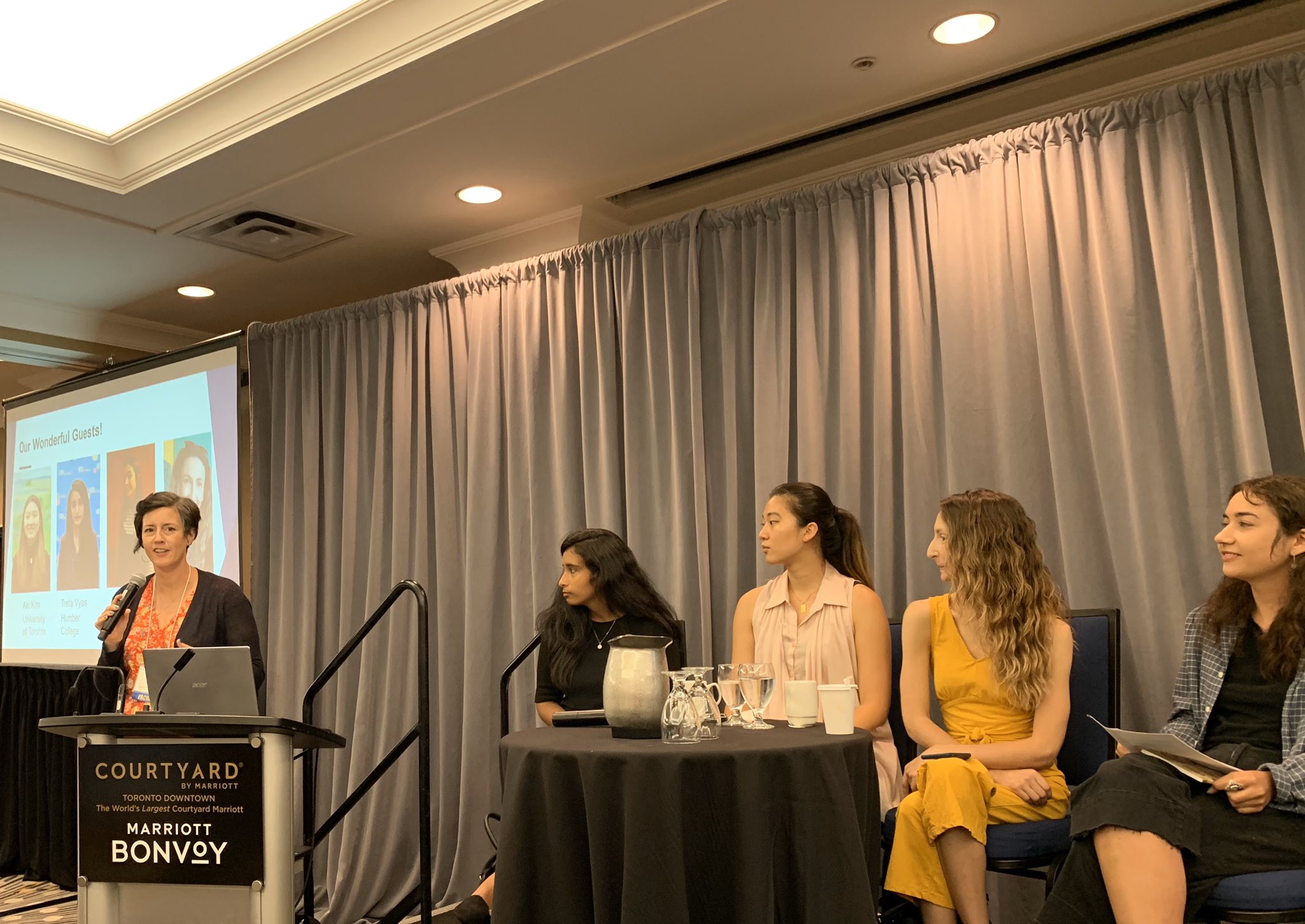
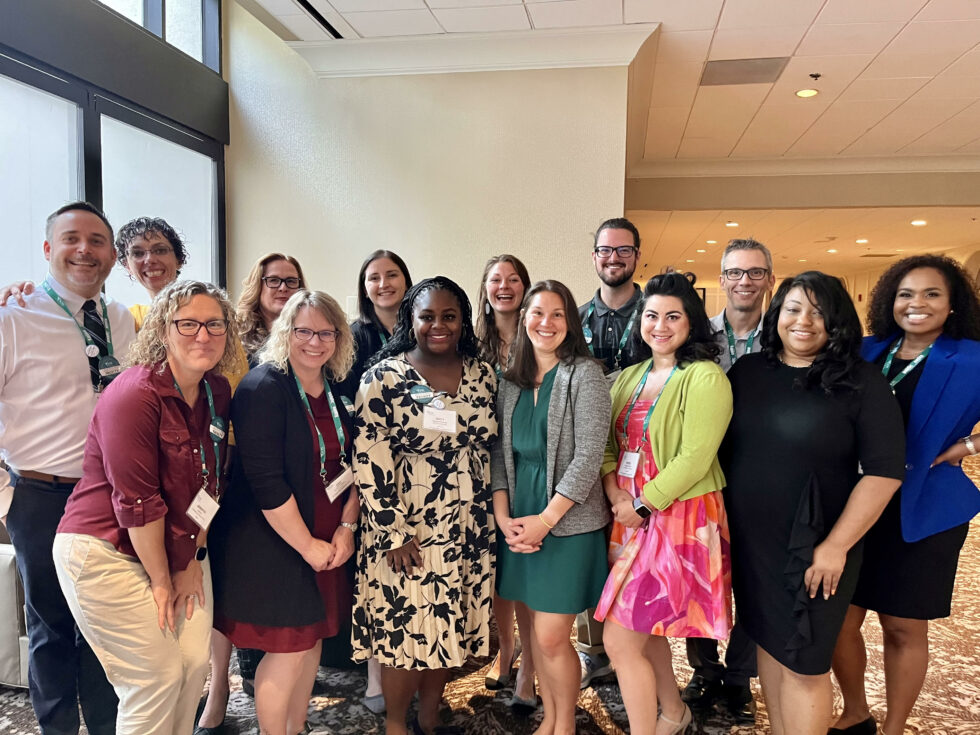
Get Involved
Do you LOVE student affairs assessment, even if it’s not your full-time job? Join the Commission for Assessment & Evaluation to stay up-to-date with all things higher education assessment.
Get CAE Updates
Joining an Entity through the ACPA Member Portal automatically identifies you as a member of that CAE! You will begin to receive CAE communications!
- Login to your ACPA Member Account
- Click on Community Groups (Chatter)
- Click Groups
- Click Active Groups
- Search for the Commission for Assessment and Evaluation, then click +Join
You can also fill out this form to be added to our email listserv, or follow us on LinkedIn.
Volunteer with CAE
CAE offers several opportunities to be an active leader in the field of student affairs assessment. Join our listserv or email cae@acpa.nche.edu to be notified of upcoming opportunities.
- Apply to the Directorate Board. The Directorate Board coordinates and programs all CAE activities. Applications open in November.
- Serve as faculty for the Student Affairs Assessment Institute. We rely on our exemplary faculty to provide a quality experience of attendees. Applications open in December or January.
- Nominate a colleague for an award. Awards not only provide recognition for outstanding individuals and teams, but help us plan future educational opportunities. Applications open in early autumn.
News & Updates
Click here to share updates with CAE (e.g., position openings, upcoming events, etc.).
Commission for Assessment and Evaluation 24-25 Chair Report
The following is a report of highlights from the 2024-25 Commission for Assessment and Evaluation, provided by outgoing Chair Tori Rehr. As I close my term as Chair of the Commission for Assessment and Evaluation (CAE), I want to take a moment to reflect on the past...
CAE Guide to ACPA Convention 2025
ACPA 2025 Convention is next week! Check out our conference guide for information about opportunities to connect with us, endorsed presentations, and featured sessions. Note that during our social, we will be partnering with Greater Long Beach Mutual Aid, Commission...
Registration and Faculty Call for the 2025 Student Affairs Assessment Institute
ACPA’s Student Affairs Assessment Institute, sponsored by the Commission for Assessment and Evaluation, provides a guided, curricular experience where participants can develop essential assessment knowledge and skills for their professional toolkit. It offers a...
Commission for Assessment and Evaluation Directorate Board Candidates
The elections for the Commission for Assessment and Evaluation (CAE) Directorate Board will run from Monday, November 18th through Tuesday, November 26th. CAE members will receive a ballot on November 18th, which will be distributed by the ACPA International Office....
Commission for Assessment and Evaluation Directorate Board Applications Are Open!
The ACPA Commission for Assessment and Evaluation (CAE) is currently recruiting assessment-minded professionals to serve on our Directorate Board!This year, we have 6 Directorate positions open beginning with the 2025 ACPA Convention (elected) and 1 Chair Position for...
Commission for Assessment and Evaluation Award Nominations Are Open!
Every year CAE recognizes dedicated assessment professionals with awards for early career achievements and excellence in equity. We are now accepting nominations for the 2025 awards cycle. Recognize yourself or a colleague today! Link to submit: https://bit.ly/CAE25nom
Upcoming Events
CAE Awards
Every year, the Commission for Assessment & Evaluation recognizes dedicated assessment professionals at convention. The open nominations process allows professionals across the field to nominate themselves and others for recognition of their service.
CAE currently offers two awards: Outstanding Early Career Professional and Excellence in Equity-Centered Assessment. Nominations for the 2026 awards will open in September.
Past Winners
Outstanding Early Career Professional: University of North Texas Student Affairs Assessment Team (2025), Dr. Emily Braught (2024)
Excellence in Equity-Centered Assessment: James Madison University Center for Assessment and Research Studies (2025)
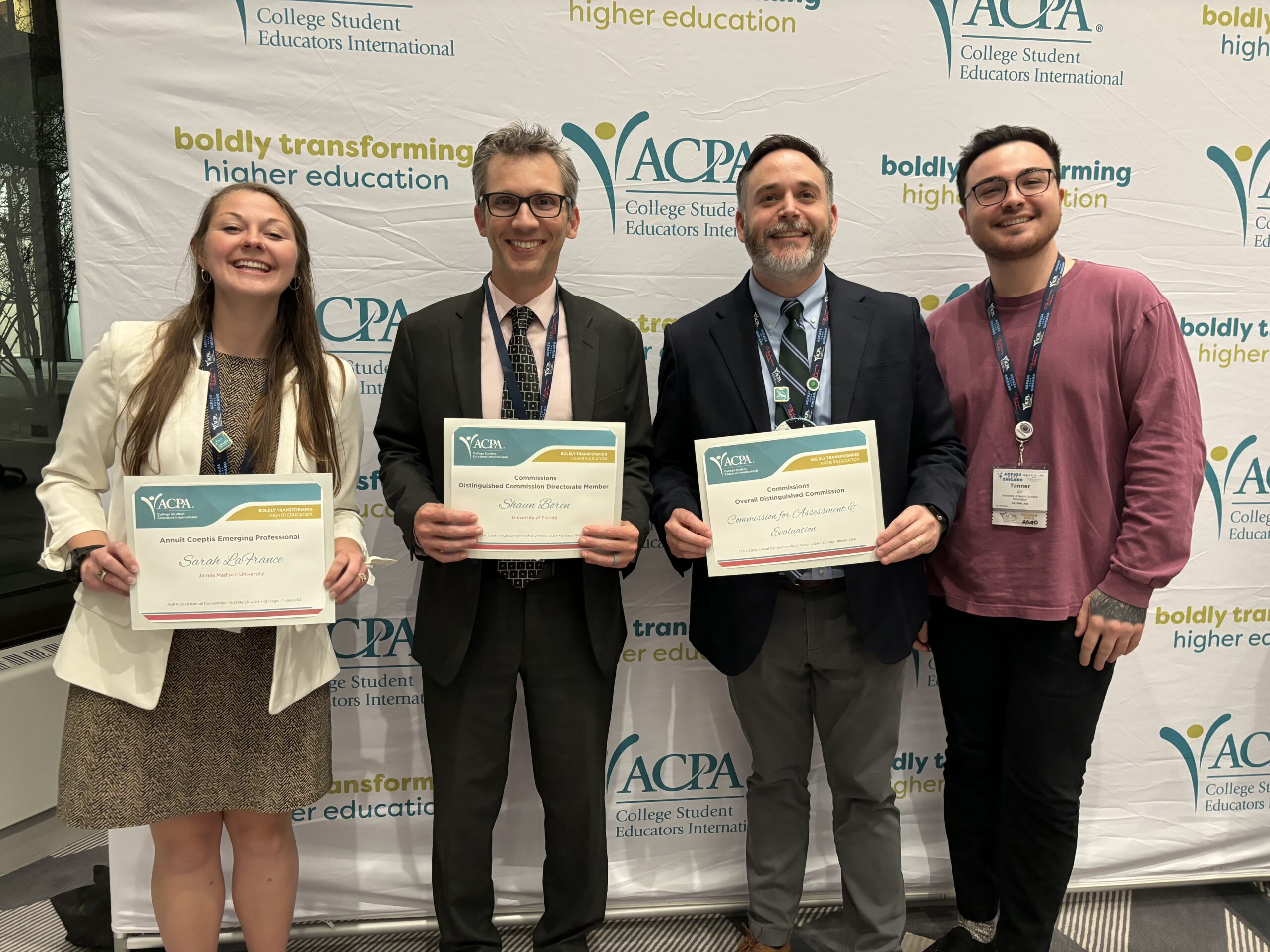
Leadership
The Directorate Board
Our Directorate Board is made up of a variety of people all who are dedicated to helping us accomplish our mission. Each year the Directorate board develops teams, sets goals for each team and members work year-round to accomplish their goals. This year’s goals include having fun, developing educational sessions targeted at new and mid-level professionals, developing our on-line tools and resources, providing educational sessions at Convention and solidifying our communications plans. If you like to write about assessment, plan or facilitate education sessions, help us better utilize social media or just want to learn more about assessment while applying your event planning or communication skills, consider running for our Directorate board.
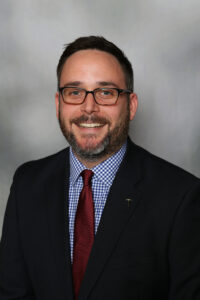
Paul Holliday-Millard
Chair
University of North Carolina, Charlotte
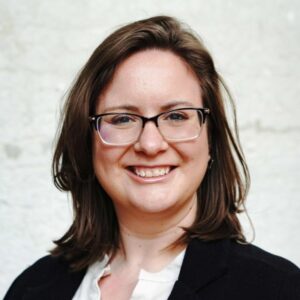
Tori Rehr
Past Chair
Ohio State University

Austin Van Horn
Chief of Staff
James Madison University

Tanner Gill
Education Chair
University of North Carolina, Wilmington
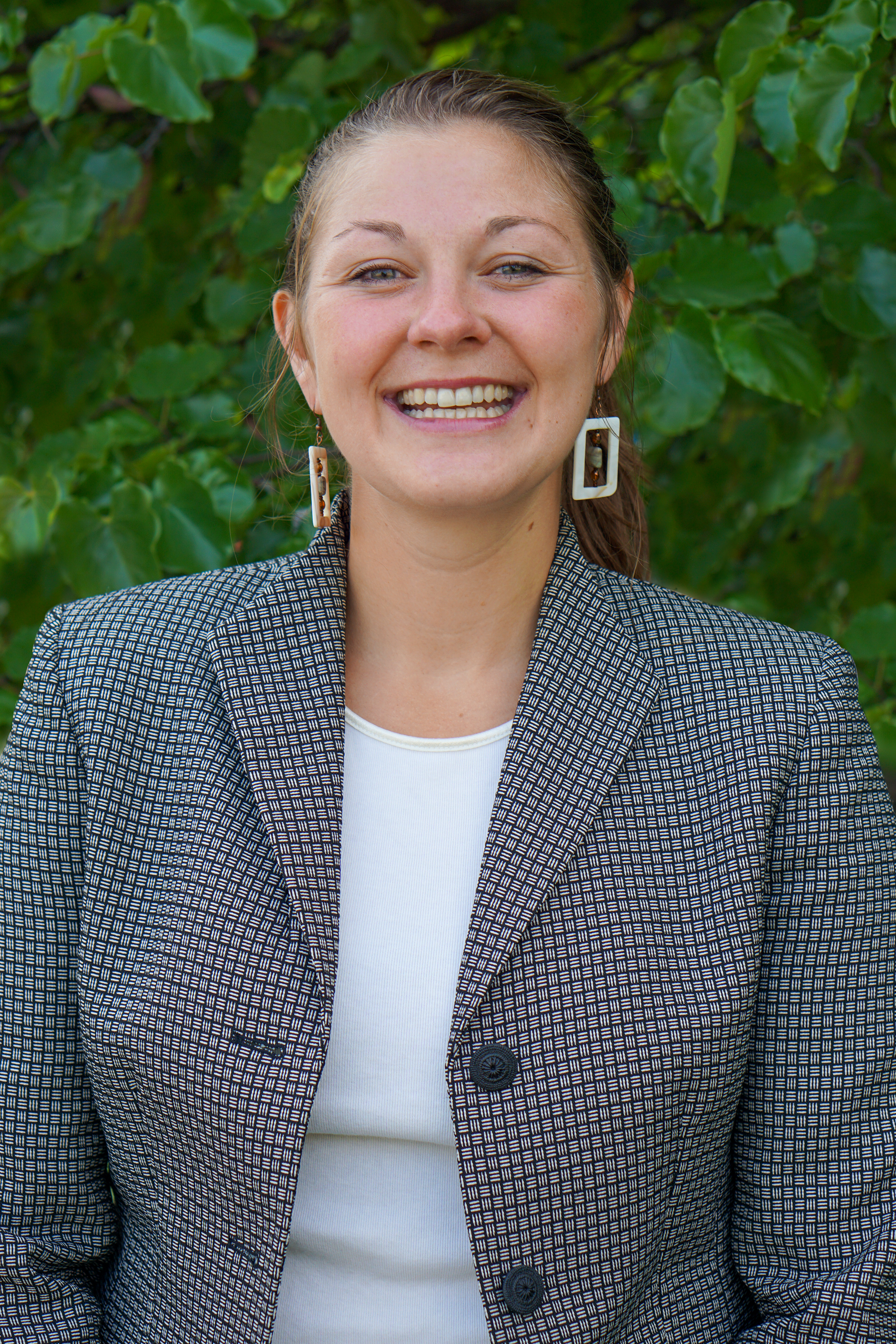
Sarah LaFrance
Scholarship Chair
James Madison University
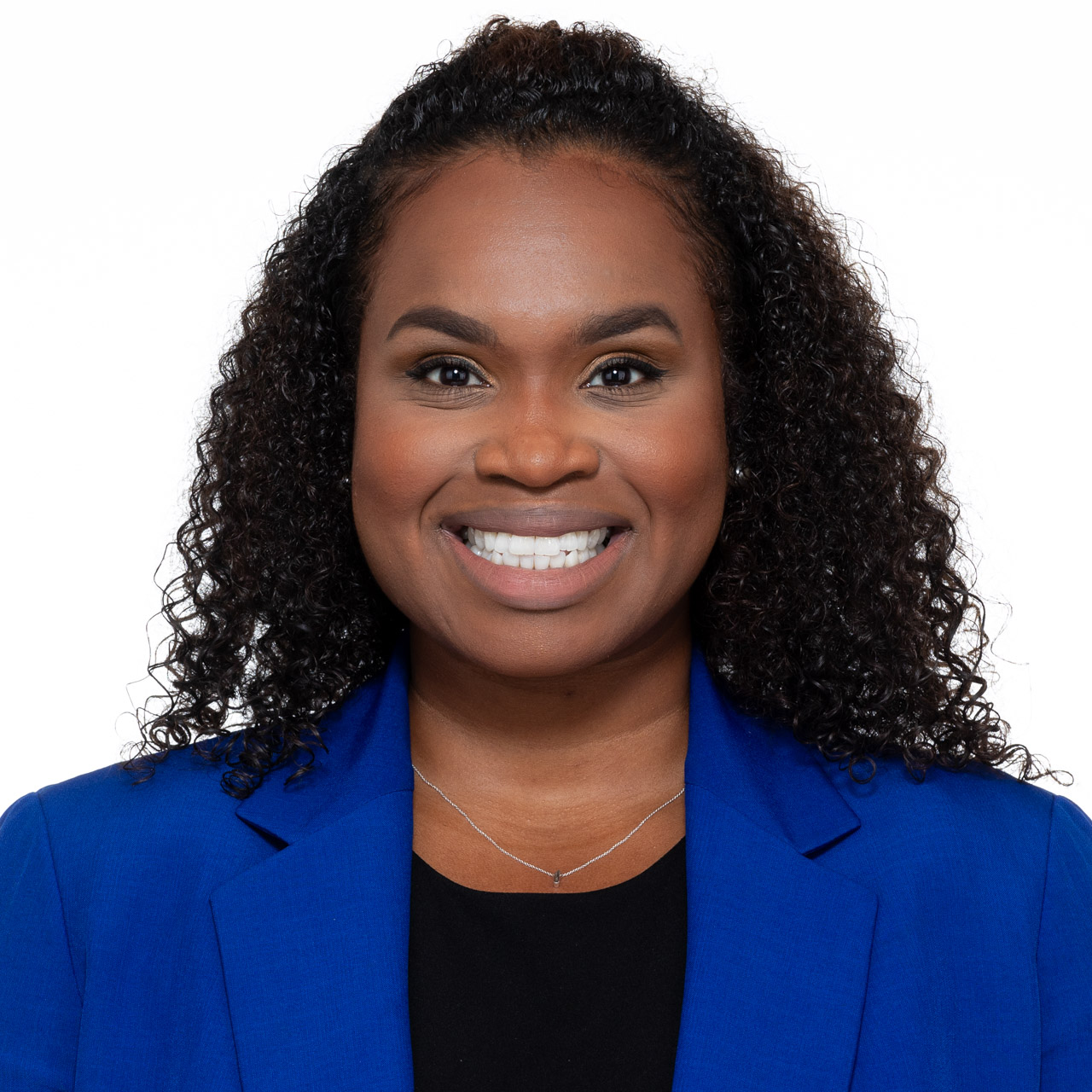
Jerri Berry Danso
Membership Chair
University of Tennessee, Knoxville
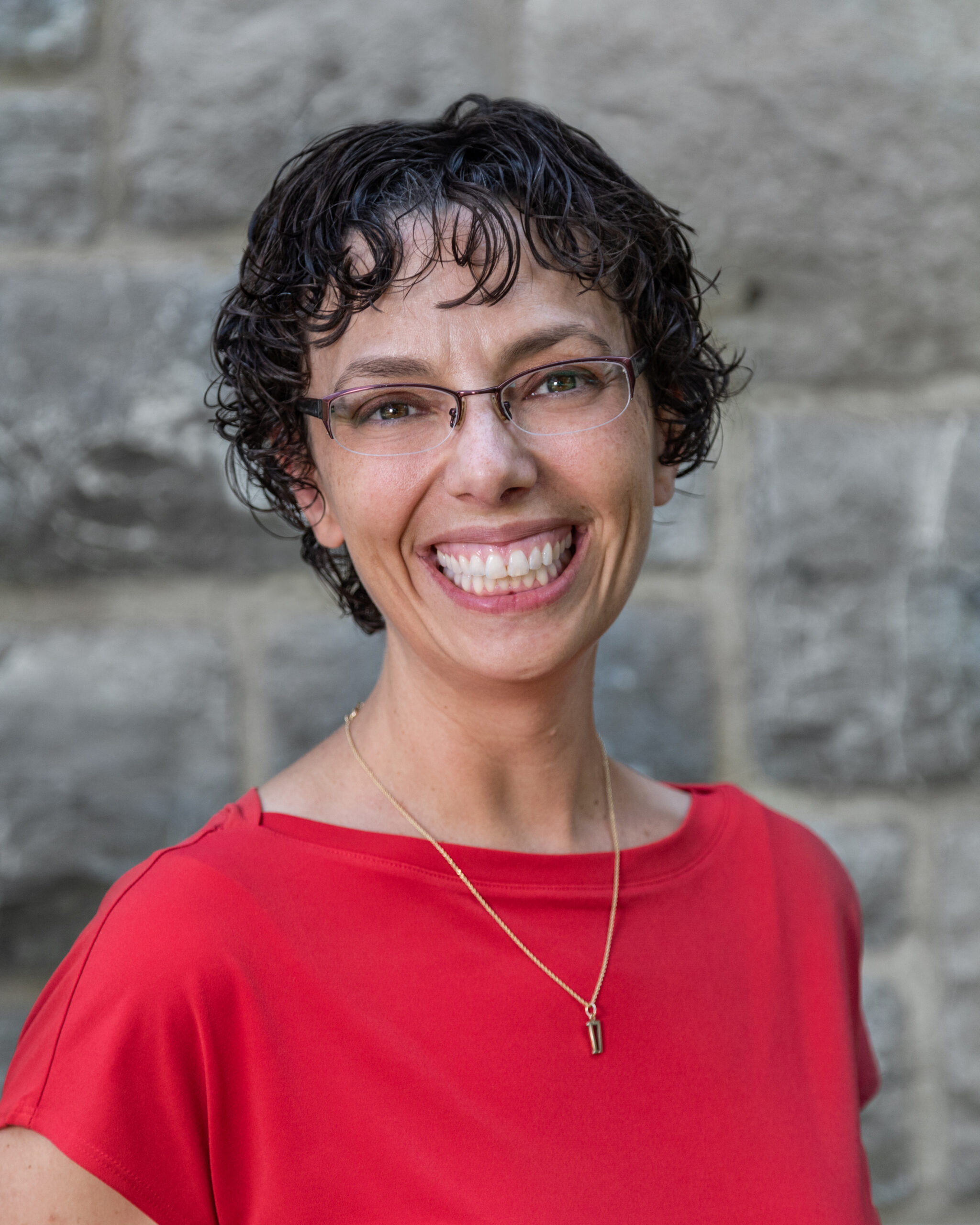
Heather Strine-Patterson
Assessment Institute Co-Chair
Virginia Tech University
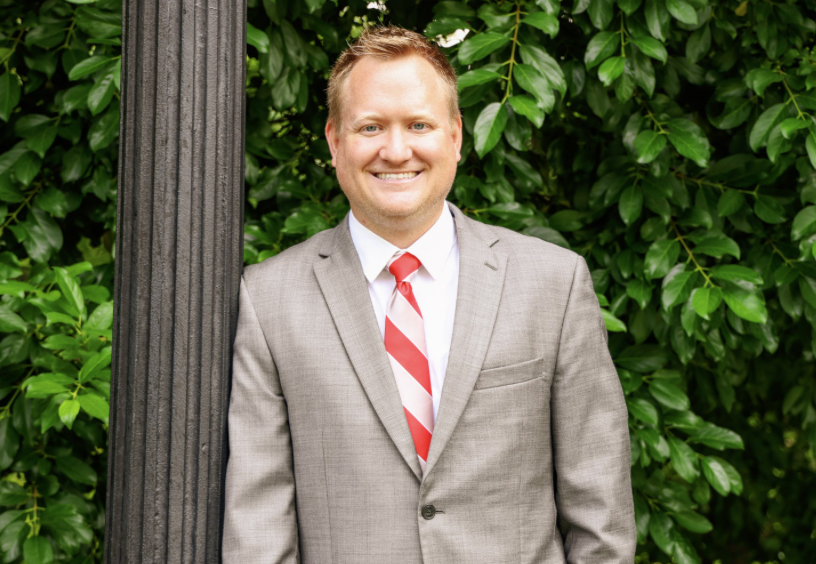
Zach Hooten
Assessment Institute Co-Chair
The Ohio State University

Adam Cebulski
Assessment Institute Incoming Chair
transform.forward
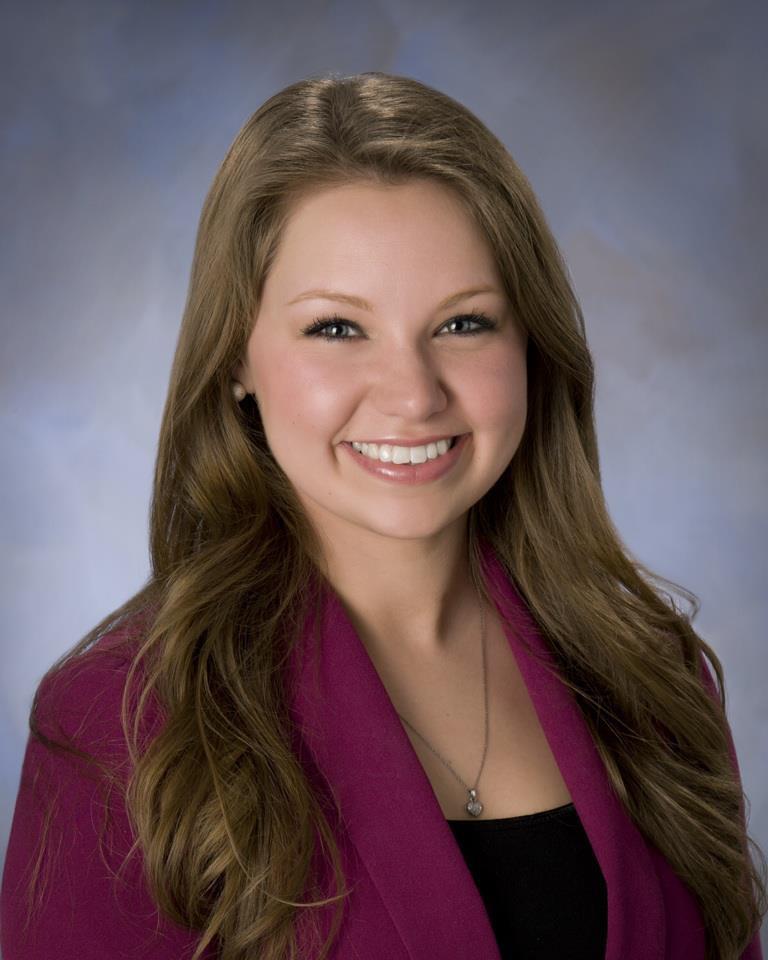
Crystal Cyr
Special Initiatives Co-Manager
University of Colorado, Boulder

Shiloh Lovette
Special Initiatives Co-Manager
University of Tennessee, Knoxville
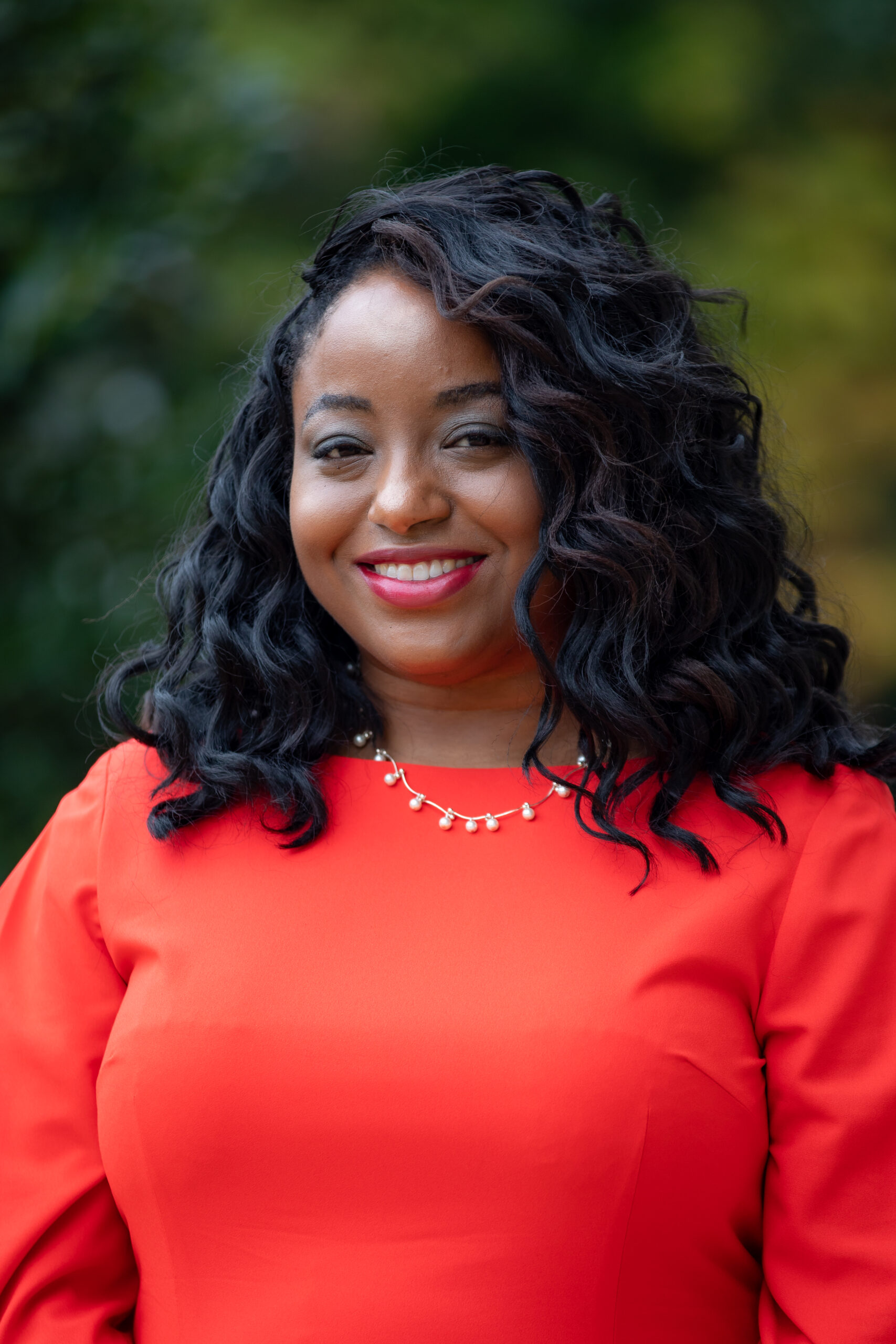
Shae Robinson
Elections Manager
University of Alabama

Sierra Gray
Mentorship Co-Manager
Kean University
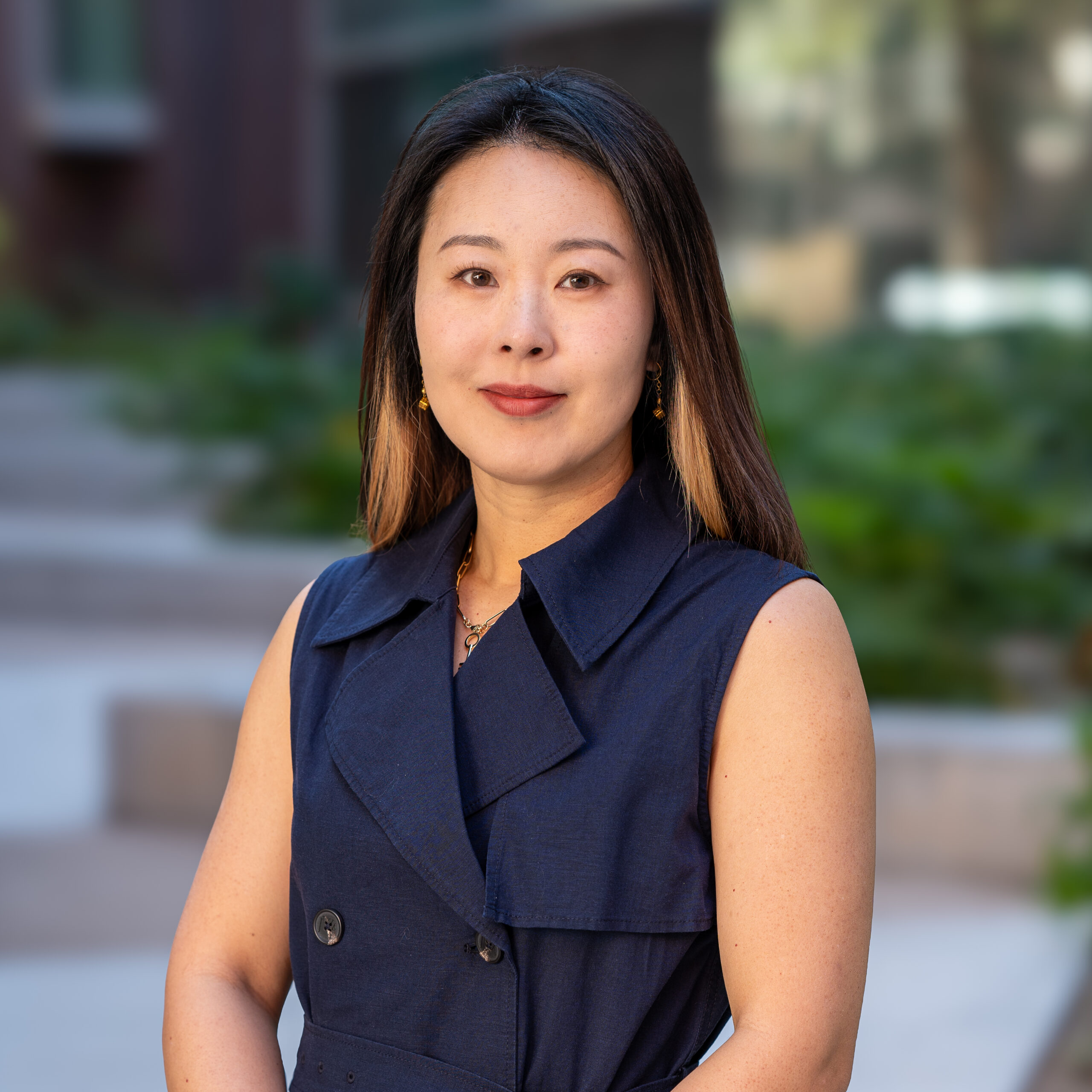
Lin Zhang
Mentorship Co-Manager
University of Arizona

Michele Kleeman
Endorsed Programs Manager
San Jose State University

Tyler Eaton
Newsletter Co-Manager
Willamette University

Brianne Steele
Newsletter Co-Manager
Western Michigan University
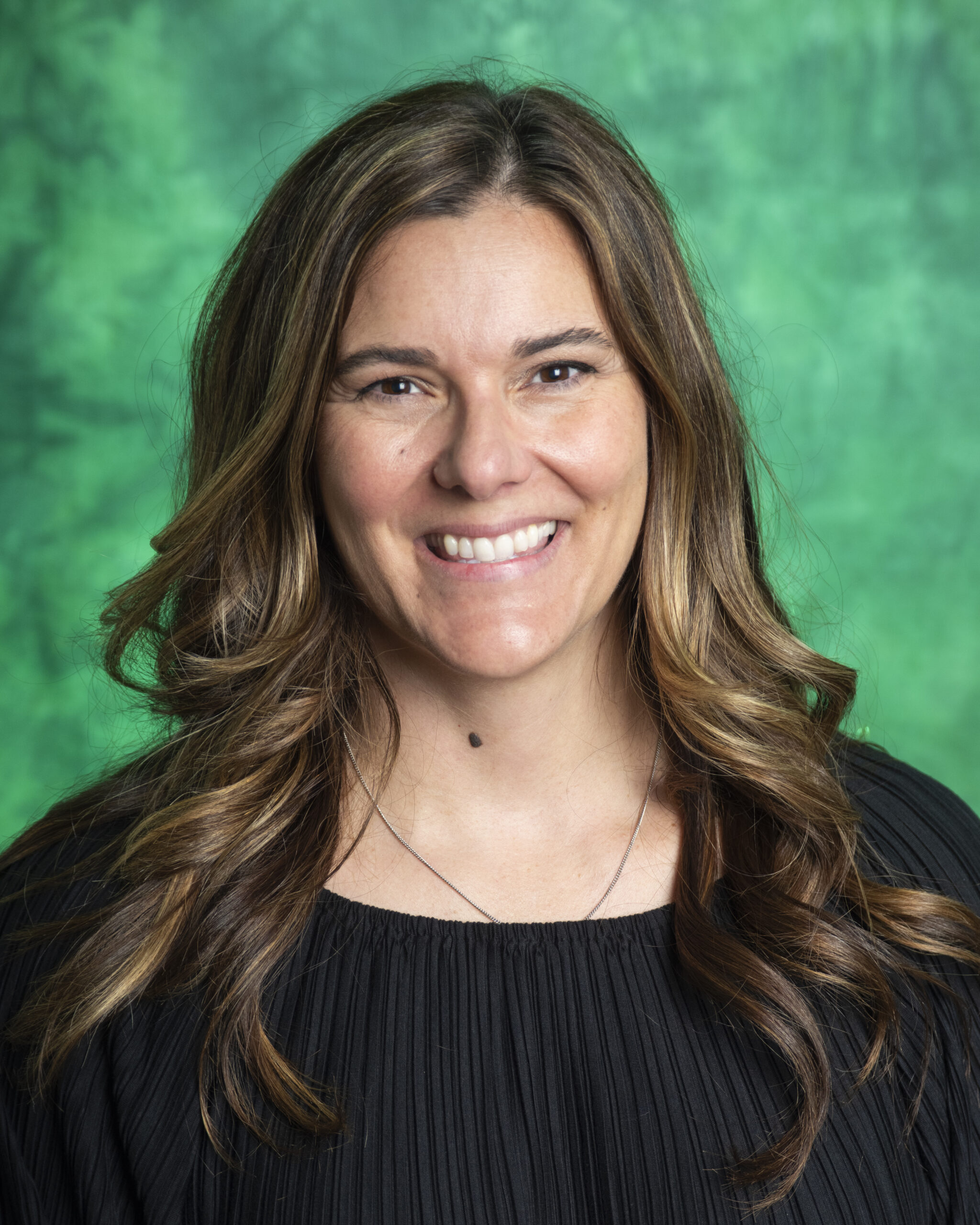
Sheila Bustillos
Awards Manager
University of North Texas
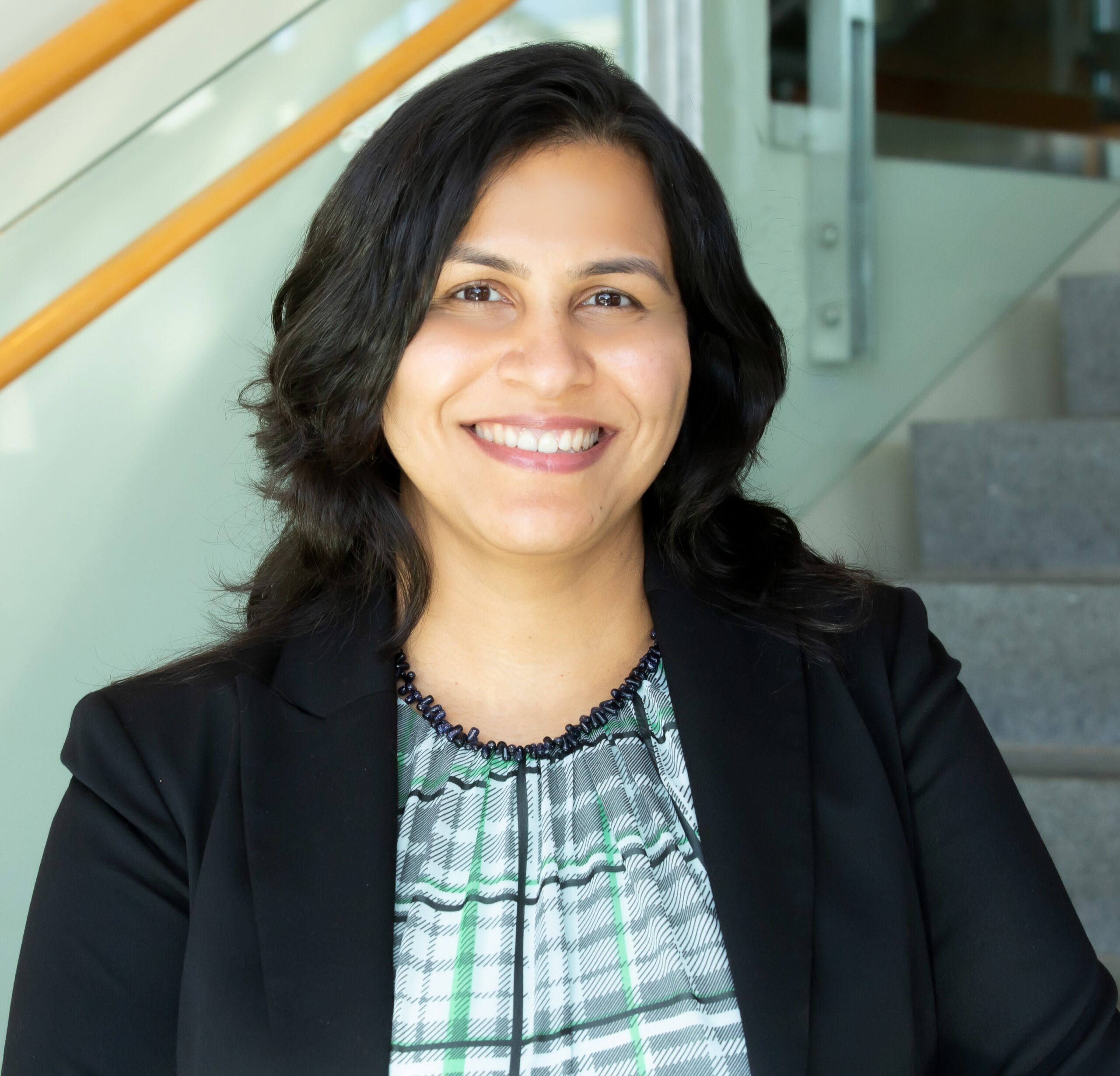
Divya Bheda
Webinars Co-Manager
Santa Clara University

Quan Phan
Awards Co-Manager
University of Oklahoma
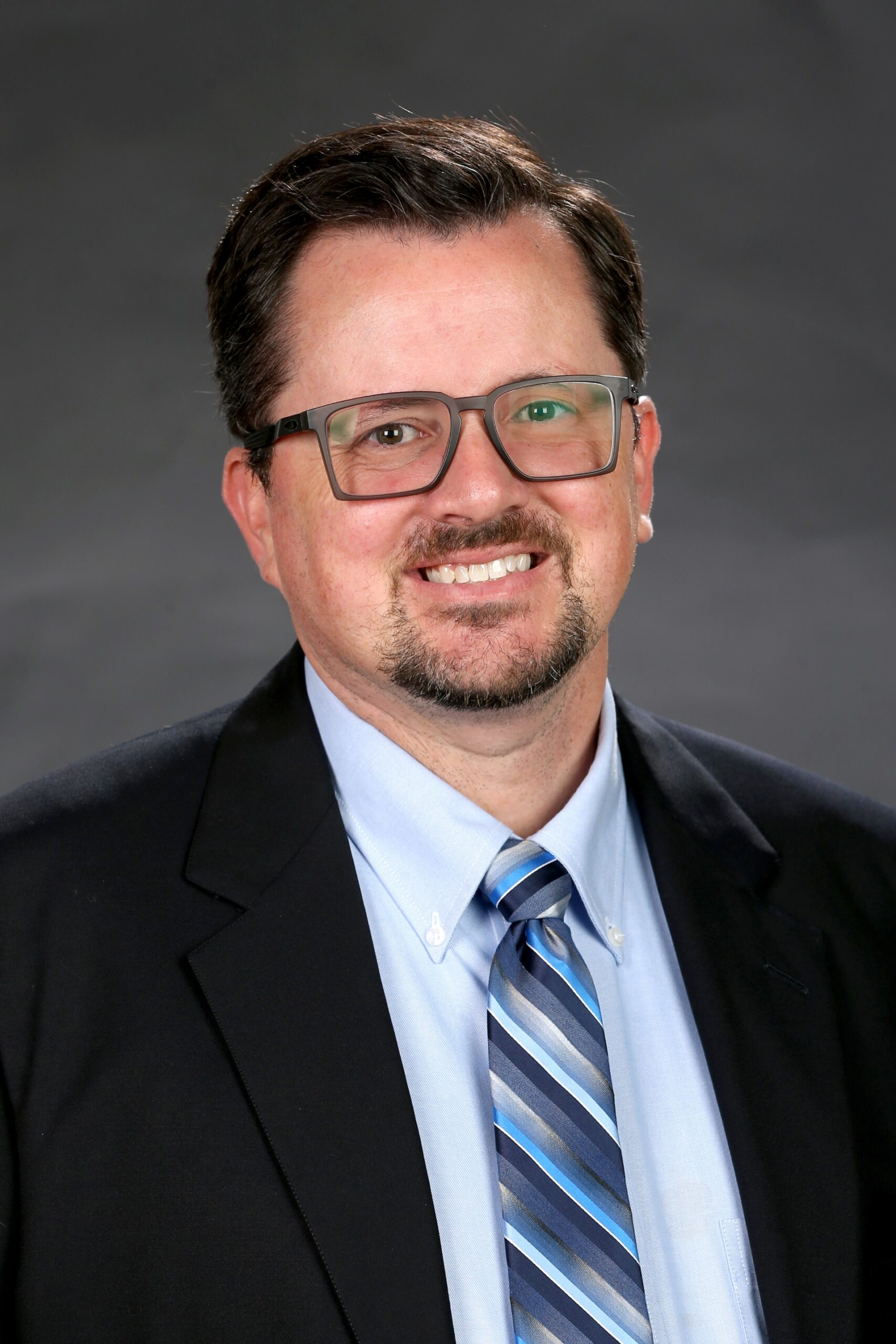
George Still
Webinars Co-Manager
Fresno State University
Resources
The Assessment Skills and Knowledge Standards
The ASK (Assessment Skills and Knowledge) Content Standards were developed by the Commission on Assessment and Evaluation to to articulate the areas of content knowledge, skill and dispositions that student affairs professionals need in order to perform as practitioner-scholars to assess the degree to which students are mastering the learning and development outcomes we intend as professionals. The ASK Standards can be used as a standalone resource to support development of assessment capabilities, or as a supplement to other materials (e.g., the ACPA/NASPA Professional Competencies). An overview of the ASK Standards is provided below and is also available in the ACPA Member Resource Center.
Recent Scholarship from CAE
As part of its mission to advance student affairs assessment, CAE participates in a variety of scholarship projects. Below are recent examples of scholarship led by the Commission.
Higher Education Assessment Syllabi Project
A joint effort across several associations, this project analyzed over 100 syllabi from higher education and student affairs assessment courses to provide a starting point for conceptualizing trends across these courses and thinking about the future of assessment in the higher education and student affairs context.
- View the article in the Journal of Student Affairs Inquiry, Improvement, and Impact (JSAIII)
- View the white paper.
New Directions Issue
Past CAE chairs Dr. Kellie Dixon and Dr. Alice Mitchell, along with several CAE Directorate Board members, led the creation of a New Directions for Student Services issue focused on assessment practices to leverage equity.
Past Webinars
Engaging Diverse Populations in Survey Research
The session with Dr. Jose Palma provides participants with practical strategies for engaging diverse populations in survey research focusing on equity, inclusivity, and representation. It incorporates evidence-based methodological and theoretical frameworks to survey development and analysis. It will provide assessment practitioners with strategies to use the development of equitable and inclusive assessments.This webinar is presented by ACPA’s Commission for Assessment & Evaluation (CAE) in partnership with the Grand Challenges in Assessment Project.
This webinar provides an overview and introduction to generative Artificial Intelligence (AI) for student affairs assessment professionals. Assessing the impact of programs and services on student learning, development, and success is a critical function in higher education. Despite its importance, it’s often difficult for student affairs professionals to develop the skills to implement assessment and integrate assessment into daily practice. Generative AI holds great promise to more easily, efficiently, and effectively implement assessment as well as build assessment capacity. In this session, participants will see demonstrations of AI in assessment and engage in conversation with colleagues on possible uses.
Strategies for Familiarizing Yourself with Your Dept. and Institution’s Assessment Culture
Starting a new role in a new place can be overwhelming. Between understanding expectations for your new role, exploring team dynamics, and finding your way around campus, it is also important to get a sense of the culture of your department, division, and institution. It is likely the culture around assessment drives how your new colleagues define and measure success. This webinar will detail strategies that professionals new to a department or institution can apply in order to learn more about the assessment culture on their campus.
Commission History
Originally titled “Commission IX”, the Commission for Assessment & Evaluation (CAE) was among the first eleven functional areas recognized by ACPA in 1961. Over the course of over fifty years, the Commission has continued to grow, benefiting from forward-thinking leadership and an involved membership.
In 1986, Marcia Baxter Magolda chronicled the Commission’s 25-year history and, in conclusion, noted:
“…while activities have changed over the history of the Commission, the major focus during each period accurately reflected the needs of the profession at the time.”
Since Baxter Magolda’s reflective piece, the landscape of assessment in higher education, in general, and student affairs, in particular, has changed dramatically. Calls for higher education reform took hold late in the decade of the ‘80s and grew powerfully through the 1990s. Increasing demands for institutional accountability left colleges and universities, as well as accrediting agencies, scrambling for means to demonstrate what students were learning. Grades and graduation rates – albeit important – no longer sufficed as indicators of learning. Student affairs professionals needed to be able to demonstrate co-curricular student learning and development as well as efforts to improve practice based on evidence.
The Commission’s focus shifted has shifted towards student learning and institutional improvement. Efforts to enhance assessment skill capacity for student affairs professionals continued to grow as primary focal point for the Commission.
Past Chairs (in reverse chronological order): Paul Holliday-Millard (2025 – Present), Tori Rehr (2023-2025), Kellie Dixon (2021-2023), Martha Glass (2019-2021), Victoria Livingston (2017-2019), Kristen McKinney (2015-2019), Amanda Knerr (2013-2015), Kim Yousey-Elsener (2011-2013), Becki Elkins (2009-2011), Gavin Henning (2007-2009), Alice Mitchell (2005-2007), Ed Grandpre (2003-2005), Siu-Man “Raymond” Ting (2001-2003), Gypsy Denzine (1999-2001), James Worth Pickering (1997-1999), Janet Schmidt (1995-1997), Leellen Brigman (1993-1995), Sharon Bowman (1991-1993), David White (1989-1991), William Porterfield (1987-1989), Marcia B. Baxter Magolda (1985-1987), Patricia King (1983-1985), Howard Tinsley (1981-1983), Gary Rankin (1979-1981), Oscar Lenning (1977-1979), Marvalene Styles Hughes (1975-1977), Gary Hanson (1973-1975), James E. Brandt (1971-1973), Leo A. Munday (1969-1971), Phelon J. Malouf (1967-1969), James S. Weeks (1966-1967), Leo Goldman (1964-1966), Samuel Baskin (1962-1964), Donald W. Robinson (1961-1962)
